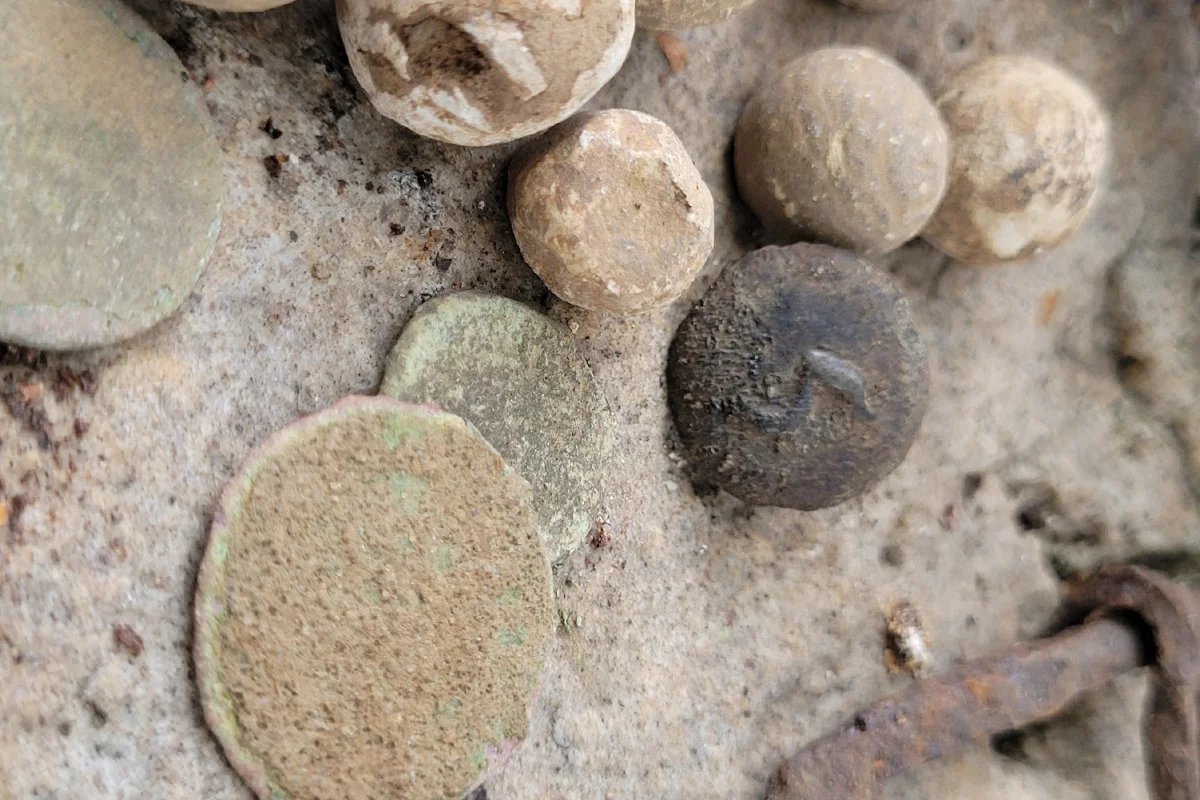On July 18th, 1792, Polish forces under General Tadeusz Kościuszko clashed with Russian troops in what became one of the defining engagements of the Polish-Russian War.
Despite being heavily outnumbered, Kościuszko used the natural terrain and defensive works to delay the Russian advance, before ordering a strategic retreat to avoid encirclement.
While Kościuszko was criticised for retreating by some officers, he was rewarded by king Stanisław August Poniatowski with the War Order of Virtuti Militari – Poland’s highest military decoration for heroism and courage in the face of the enemy at war.
In a recent survey by a group of licensed metal detectorists working with the Historical Foundation “Lubelszczyzna,” artefacts from the battle have been unearthed in the forests near Uchanie in southeastern Poland.
According to the Lublin Voivodeship Conservator of Monuments, the artefacts have enabled researchers to pinpoint the site of the battle’s final episode and offer concrete proof of events previously known only in written records.
Findings include roughly 20 lead musket bullets, cannonballs (two intact and one fragment), buckles, coins from the era, and most notably, a military button bearing the number “5.” This single artefact has stirred particular excitement, as it directly identifies the unit involved: the 5th Infantry Regiment of the Rzewuski command.
The button’s significance goes beyond local context. Identical examples have been found on other battlefields, such as Zieleńce (fought a month earlier), and later sites of the Kościuszko Uprising in 1794.
The regiment was recognisable by its striking black uniforms paired with brown-gold buttons. These finds collectively trace the regiment’s movements and underscore its prominent role in key campaigns.
Header Image Credit : Lubelszczyzna
Sources : Lublin Voivodeship Conservator of Monuments





